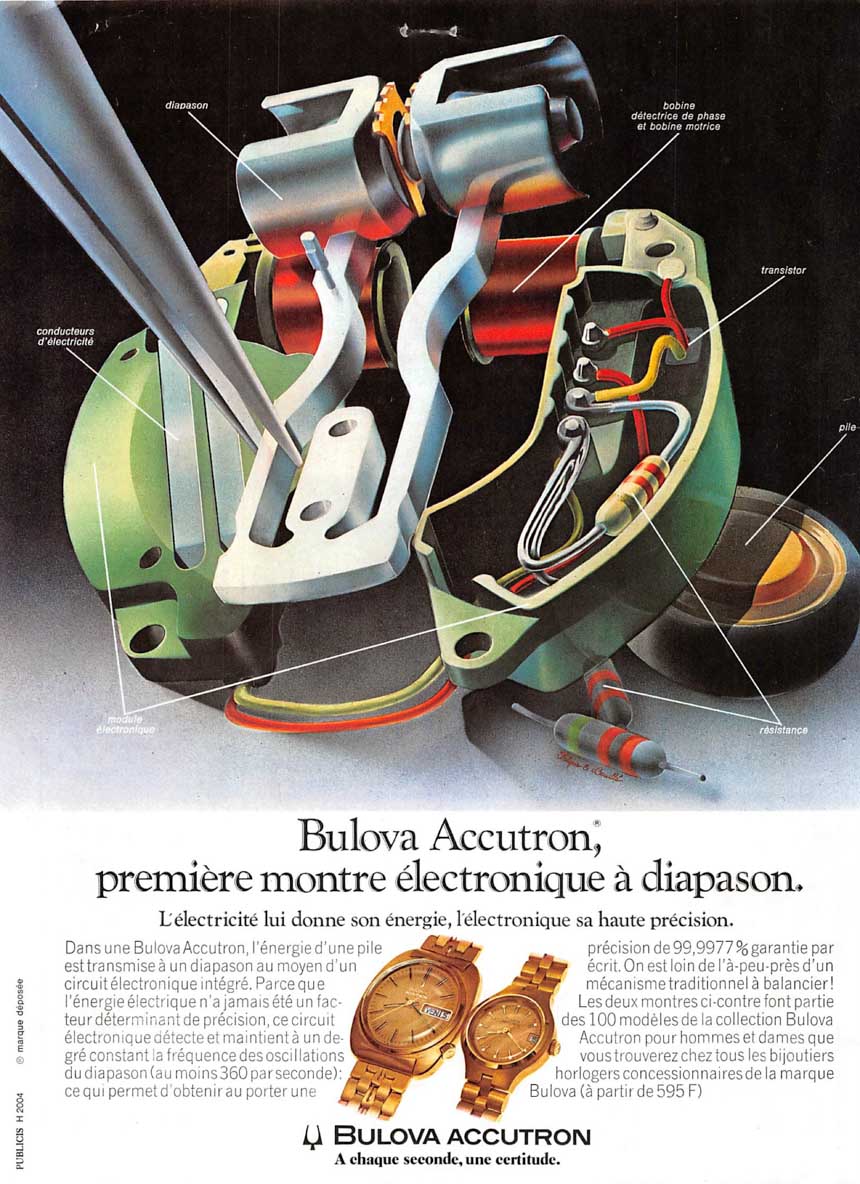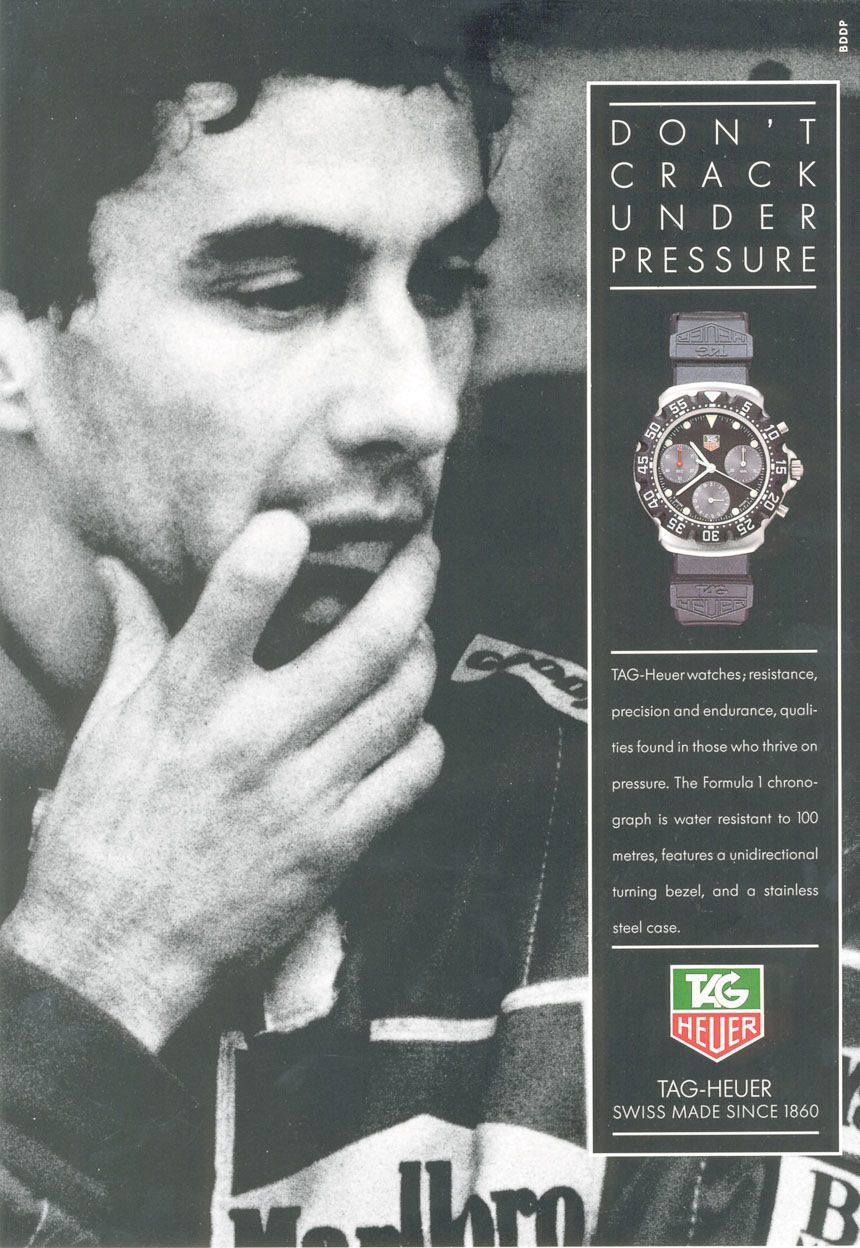
Marketing to watch lovers is so fruitful exactly because they are hungry for information, but the messages need to be appropriate. Explain the virtues of a watch and why it is so appealing, as opposed to creating a romantic scene that the brand would ideally like to see their watch existing within. That’s lifestyle marketing, and it simply doesn’t reach the needs of serious watch buyers.
I even find that watch lovers, collectors, and enthusiasts who enter the hobby as novices and consume lifestyle marketing quickly abandon interest in it. It isn’t that watch marketing loses value or effectiveness. Watch marketing can actually increase in value or effectiveness for more seasoned watch lovers if the message is right. If the message is thin and mostly about lifestyle, then it will be lost on those people who deeply appreciate timepieces.
A rebuttal to this argument which is often made by watch marketers is that dedicated watch enthusiasts with the knowledge to make their own decisions about watches don’t look at watch marketing anyway. Moreover, they seem to claim that watch collectors and the like make up a small percentage of the overall watch buyer demographic. It is true that many people who purchase luxury watches do not inherently know what they are getting, but that does not at all mean they are totally separated from the world of watch lovers and collectors.

Marketing is an invitation for a consumer to learn more. In this day and age, almost no major purchases are made without a consumer consulting a friend, expert, or review online. That also includes discussions of collectors and enthusiasts online via forums and possibly social media. That means individuals who are new to timepieces and are enticed by marketing material will often consult with exactly those people who are the most knowledgeable consumers (collectors and enthusiasts). The point is that regardless of the sophistication level of a consumer who is viewing an advertisement, if they are interested enough in getting a luxury product, they will more likely than not read the opinions of people who have more expertise than themselves thanks to the connecting power of digital media.
I would also caution against the mentality that watch lovers don’t make up healthy chunks of the buying demographic. What is a collector or enthusiast anyway? What watch brands know is that the percentage of people who purchase luxury watches who know absolutely nothing about watches is decreasing. Consumers around the world are increasingly educated and demanding. They hunger for information, transparency, and above all authenticity.

That should all be a clear message to watch marketers that creating lifestyle campaigns exclusively will cause them to miss out on many consumers or become susceptible to alienation from dedicated enthusiasts who might otherwise like their brand. Again, lifestyle marketing is designed to convey a message about what ideas and personalities consumers should associate with a brand. I believe this doesn’t deliver to enthusiasts the type of educational or even practical information about a brand and its products that consumers are looking for.
Further, lifestyle marketing is more than just mass-market print, banner, and video campaigns. It also extends to social media campaigns such as those on places like Facebook and, notably, Instagram. Marketers should be careful not to dilute a brand’s image or the perception of its products with too much falsity or promises of better lifestyles. Even when there is a focus on lifestyle campaigns, there should be equally heavy focus on “product merit campaigns.”

Am I suggesting that watch brands stop spending as much money on marketing and advertising? Not at all. Sales figures in most places around the world show direct correlations between marketing spending and sales success. Rolex sells an awful lot of watches in America, and also happens to be the top spender of marketing dollars. There is a huge association between a wide and regular proliferation of marketing messaging and buying habits. With that said, it should be the right marketing for the right consumer, and not marketing which alienates those people who are the most focused on a product such as watch enthusiasts.

